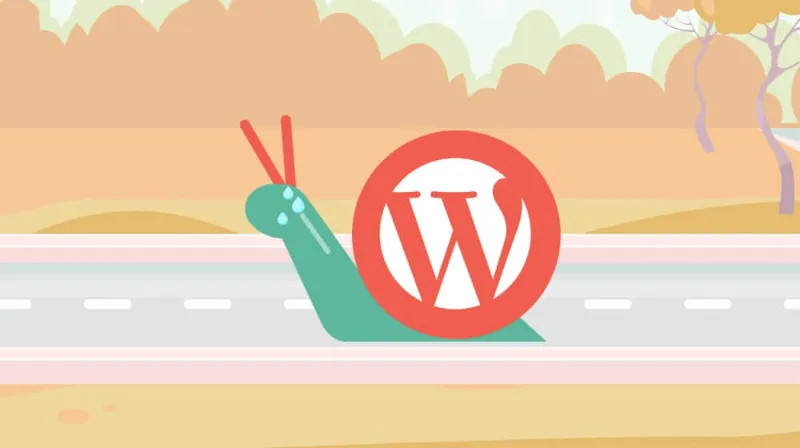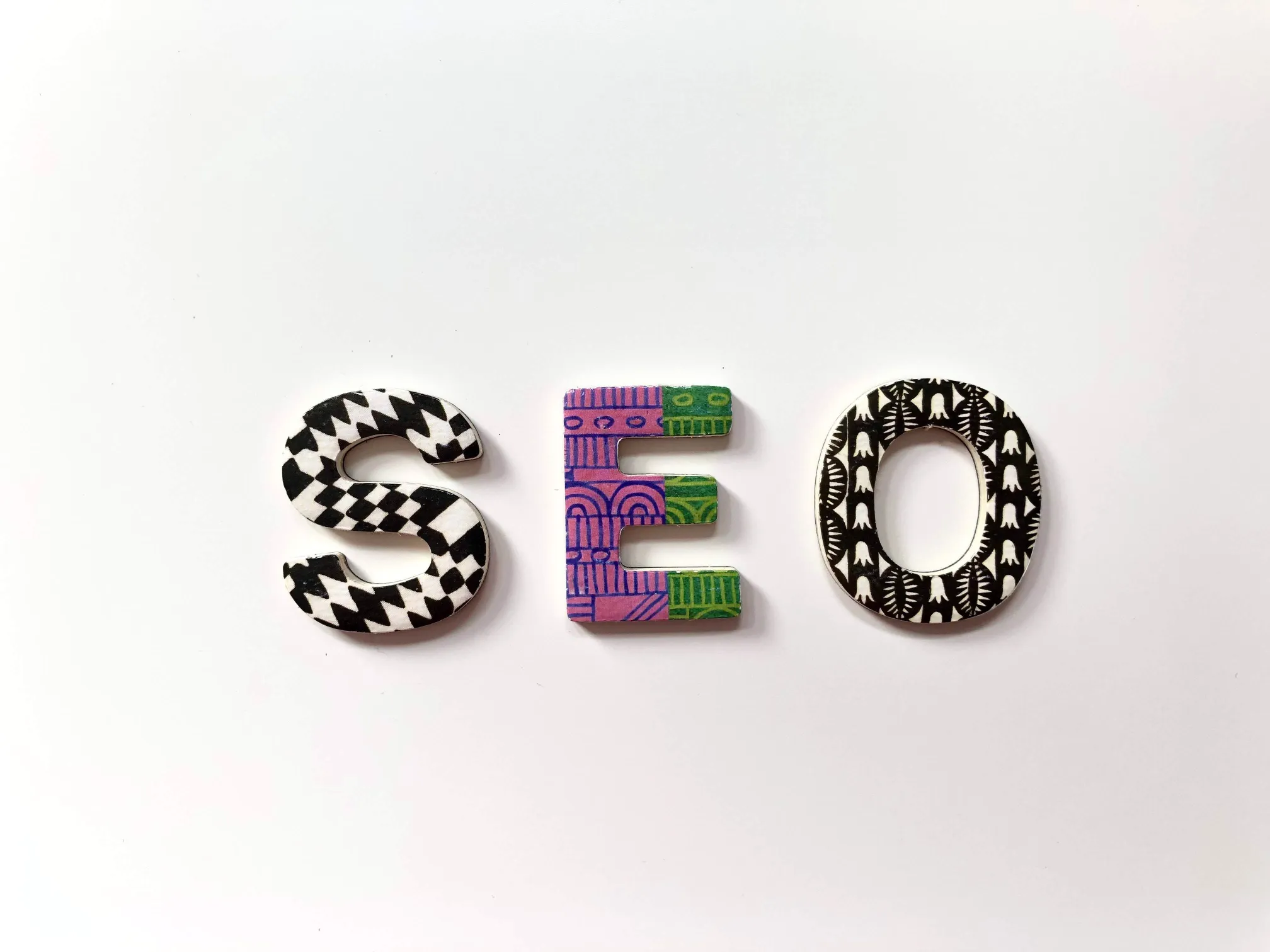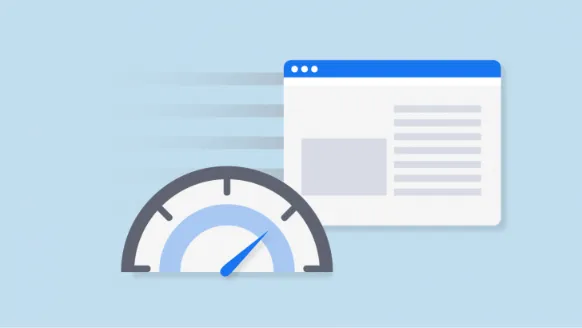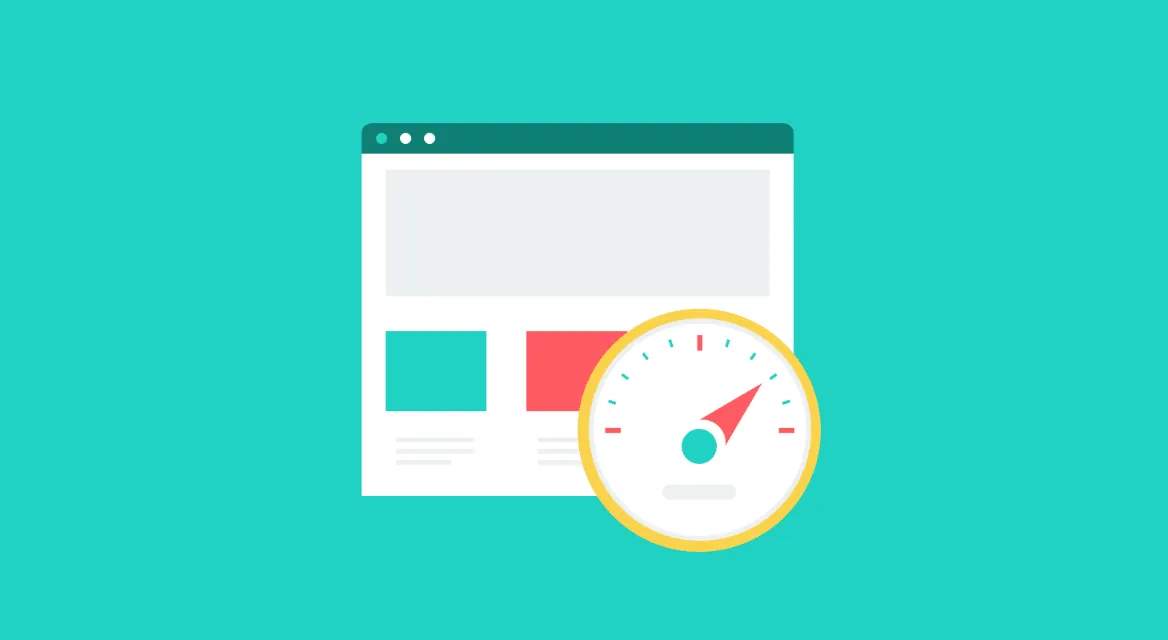A slow-loading website can be frustrating for both site owners and visitors. In the competitive online world, speed is a vital factor that determines user experience, search engine rankings, and overall business success. As a WordPress website owner, it’s crucial to understand what slows down your site’s performance and take proactive measures to address these issues. In this blog post, we will explore the common culprits that contribute to a sluggish WordPress website and provide actionable strategies to optimize its speed.
Bloated Themes and Excessive Plugins: Streamlining Your WordPress Environment
Themes and plugins add functionality and design elements to your WordPress site, but using too many or poorly optimized ones can slow down your website. Bloated themes with excessive features and unnecessary code can increase the loading time, while poorly coded or outdated plugins can create conflicts and affect performance. By carefully selecting lightweight themes and only using essential plugins, you can streamline your WordPress environment and improve site speed.
Unoptimized Images and Media Files: Streamlining Visual Content Delivery
High-resolution images and large media files can significantly impact your website’s speed. Uploading images directly from your camera or using uncompressed media files can result in larger file sizes, leading to longer loading times. By optimizing your images, compressing them without compromising quality, and using lazy loading techniques, you can reduce the file size and improve the delivery of visual content, resulting in faster page load times.
Excessive HTTP Requests: Minimizing External Resource Load
Each element on your website, including scripts, stylesheets, and images, requires an HTTP request to be loaded. Having numerous external resources and excessive requests can slow down your site. By reducing the number of HTTP requests through techniques like minification, combining CSS and JavaScript files, and utilizing content delivery networks (CDNs), you can minimize the load on your server and enhance website performance.
Inefficient Hosting: Choosing the Right Hosting Provider
The quality and performance of your hosting provider have a significant impact on your WordPress site’s speed. Shared hosting plans or low-cost providers may result in limited server resources and slower website performance. Upgrading to a managed WordPress hosting or a dedicated server can provide better server response times, improved caching mechanisms, and enhanced website speed. Choosing the right hosting provider tailored to your site’s needs is crucial for optimal performance.
Poorly Optimized Database: Streamlining Data Access and Retrieval
WordPress relies on its database to store and retrieve information, and an unoptimized database can hinder website performance. Over time, your database can accumulate unnecessary data, spam comments, and post revisions, affecting its efficiency. By regularly cleaning up and optimizing your database, removing unused data, and limiting post revisions, you can streamline data access and retrieval, resulting in improved site speed.
Conclusion
Understanding the factors that slow down your WordPress website is essential for delivering a fast and seamless user experience. Bloated themes, excessive plugins, unoptimized images, excessive HTTP requests, inefficient hosting, and a poorly optimized database are common culprits that can impact your site’s performance. By addressing these issues through careful selection of themes and plugins, optimizing images and media files, reducing HTTP requests, choosing



